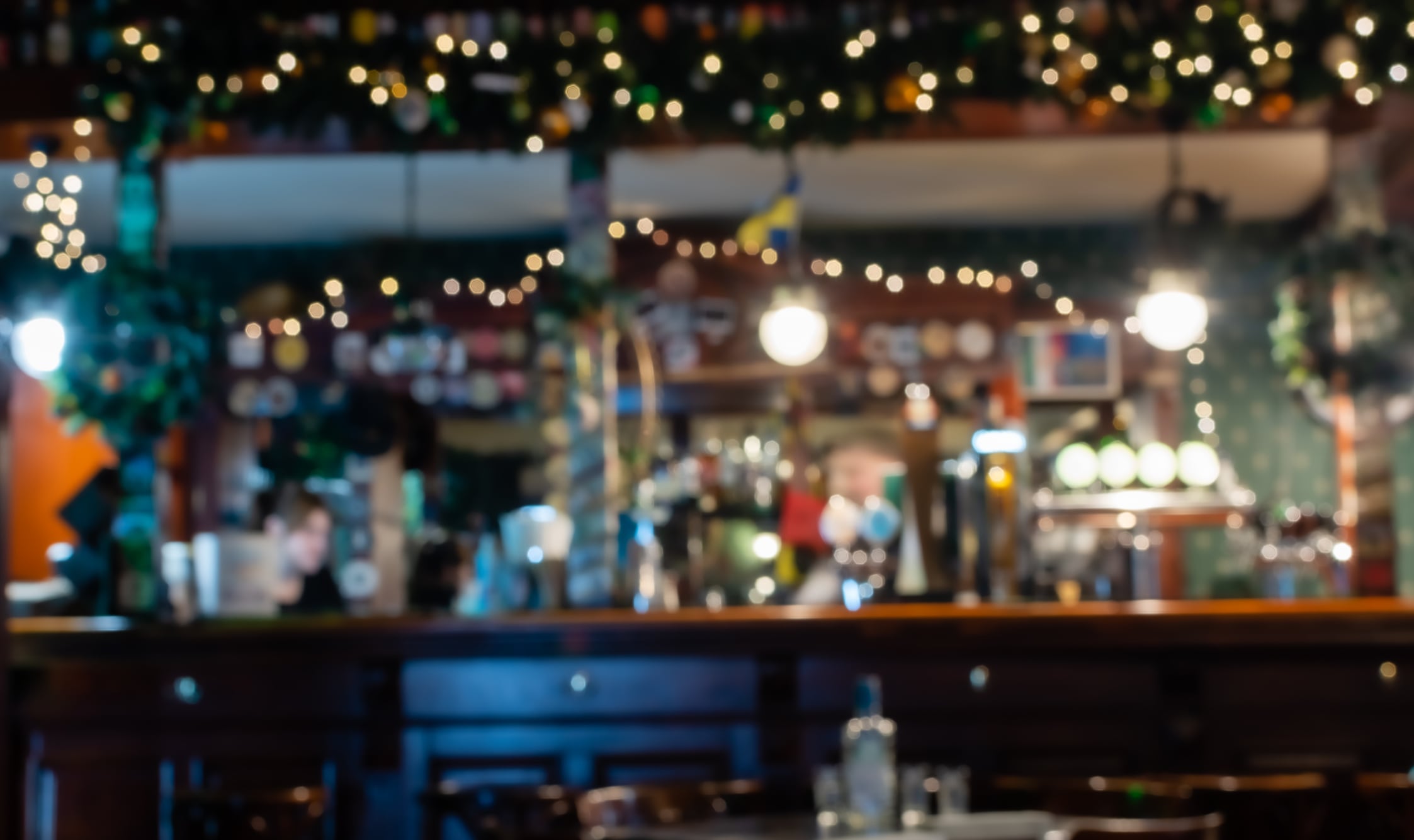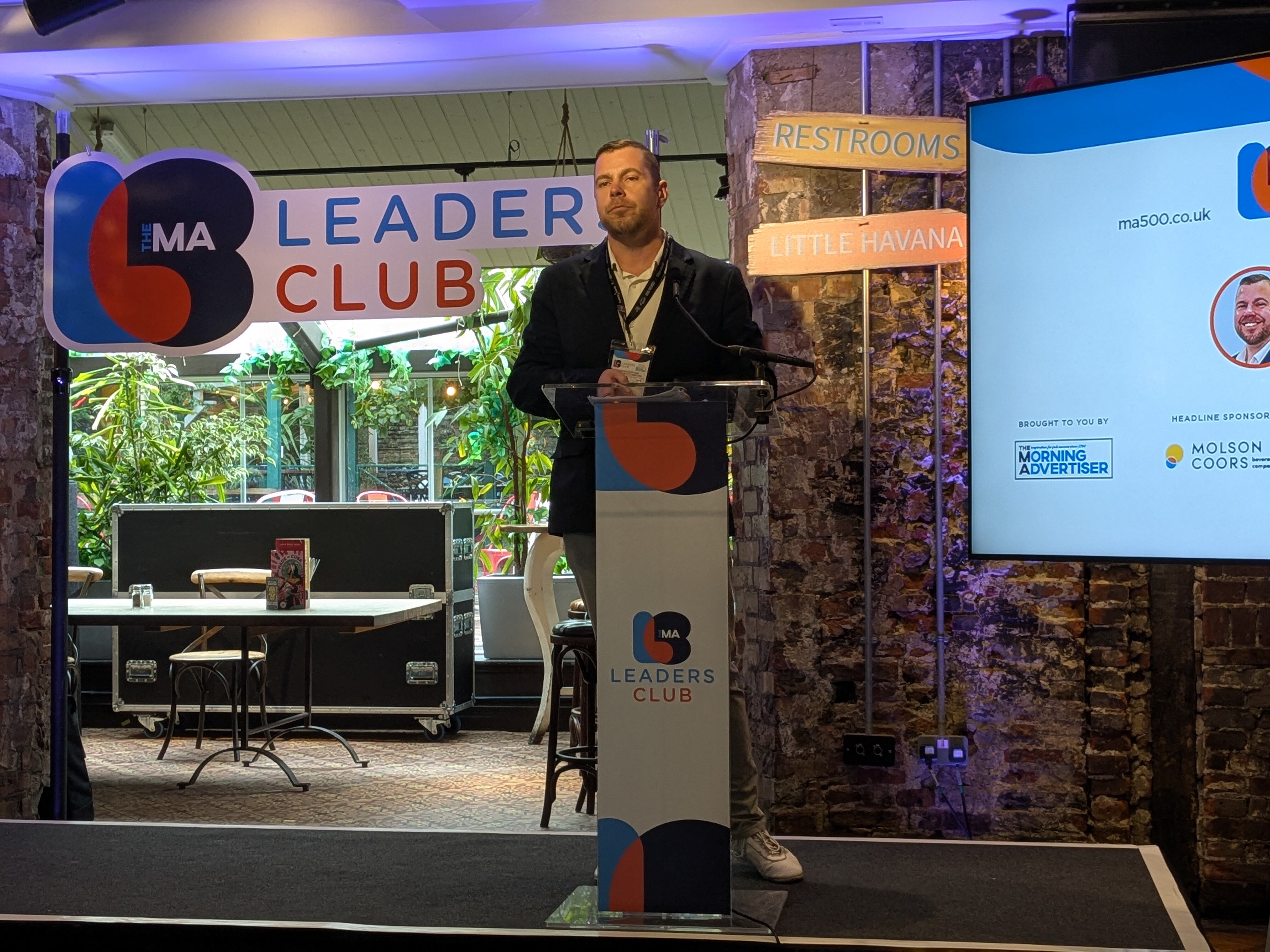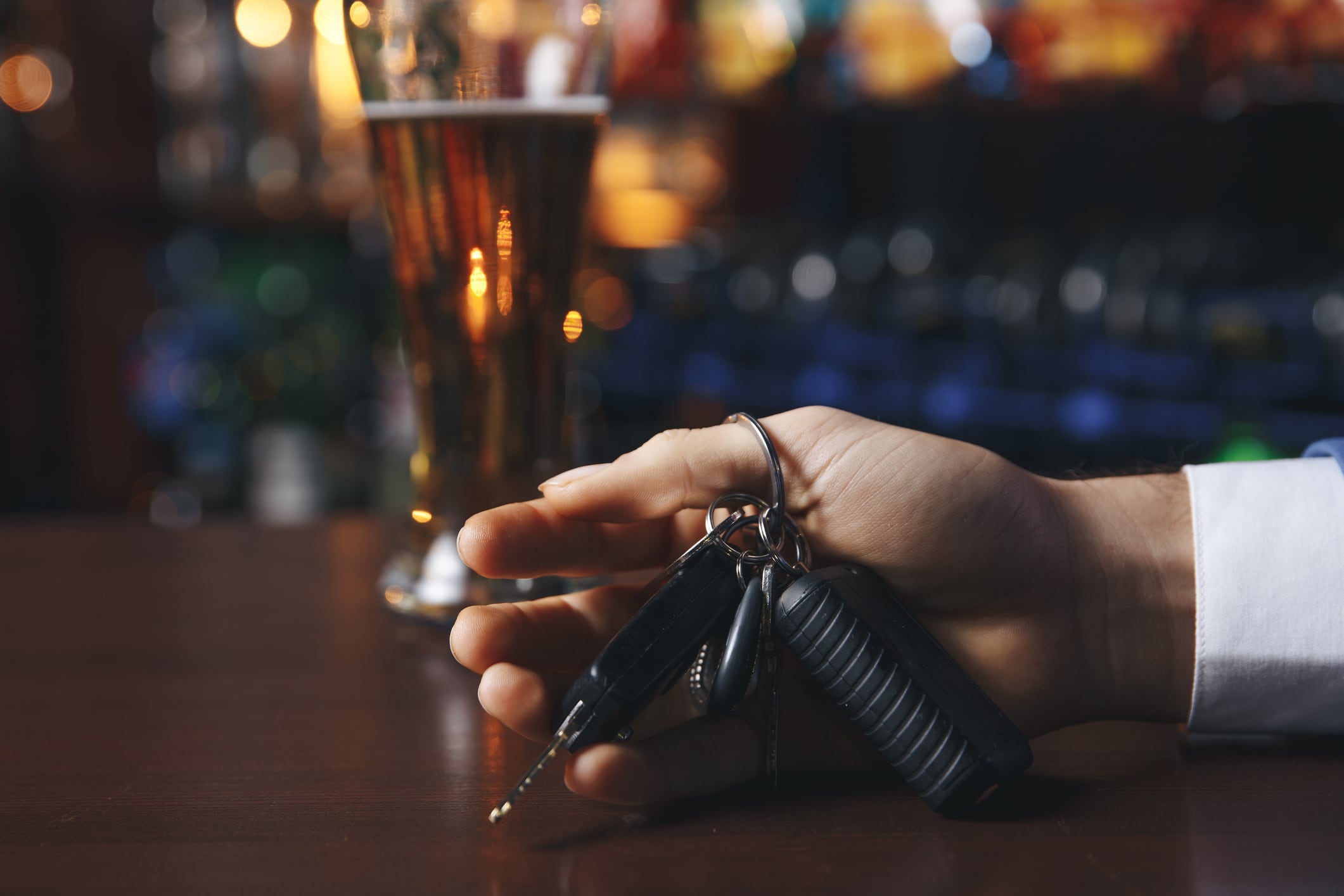The possession and use of a fake ID or an ID belonging to someone else is a fraudulent offence under Identity Documents Act 2010. This includes passports, travel ID cards and driving licences.
The Home Office told The Morning Advertiser (The MA) licensed premises were expected to undertake reasonable due diligence to prevent underage sales, including thorough ID checks.
Accepted forms of ID in the UK currently includes passports, photocard driving licences, residence permit cards and cards bearing the PASS hologram, which all have security safeguards like holograms or ultraviolet features.
Detecting fakes
To avoid being caught out by a fake ID, Poppleston Allen associate solicitor Joe Harvey recommended adopting a challenge 25 policy and investing in ID scanning technology, which can detect fakes and flag repeated use.
He told The MA operators may be able use a due diligence defence if the use of a fake ID leads to underage sale, provided they have taken all reasonable steps to prevent the underage sale.
Though they could still face a review of their premises licences for failing to promote licensing objectives.
“The law is geared up to deal with those who would supply or use fake IDs although there can be consequences for those who accept them.
“Operators and door staff are not legally empowered to seize fake IDs but could instead request they are handed over in preference to a report to the police.
Serious penalties
“Licensees should carefully consider the conditions on the licence in relation to the use of ID and make sure all staff are trained on how to carry out age verification checks and to spot fake ID. If there is any doubt, they can always refuse a sale”, Harvey said.
Last year, The department for Science, Innovation and Technology introduced plans for digital ID’s to be used to verify a person’s age when purchasing alcohol in pubs, clubs, and shops, which are expected to come into force in the coming months.
In the meantime, the Home Office has issued guidance on how to spot common issues with ID, including looking for watermarks and holographs.
A Home Office spokesperson said: “The Home Office takes the issue of false or borrowed IDs very seriously.
“The penalties for selling alcohol to children can be severe, ranging from fines and temporary closures to the loss of the licence to sell alcohol.”





